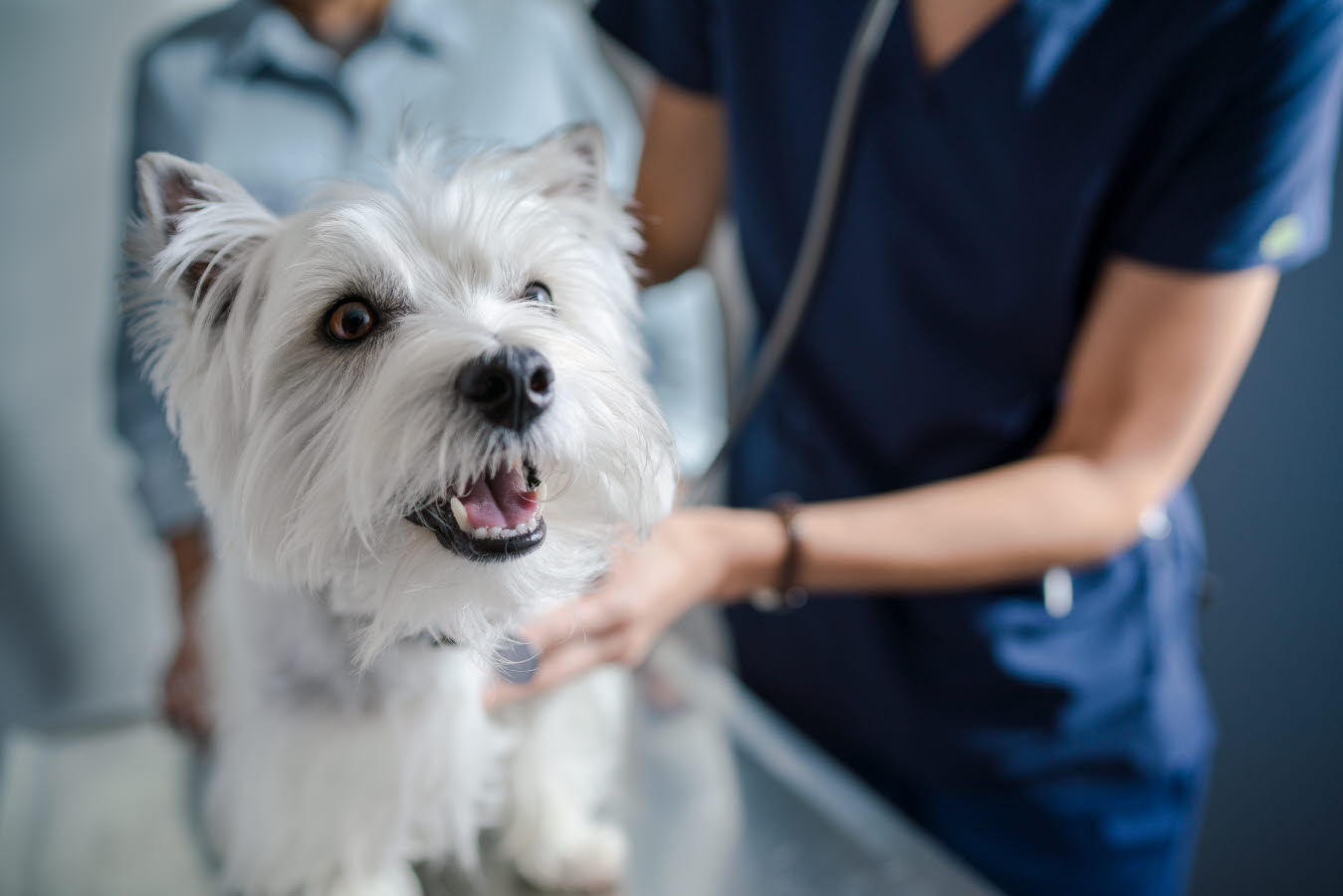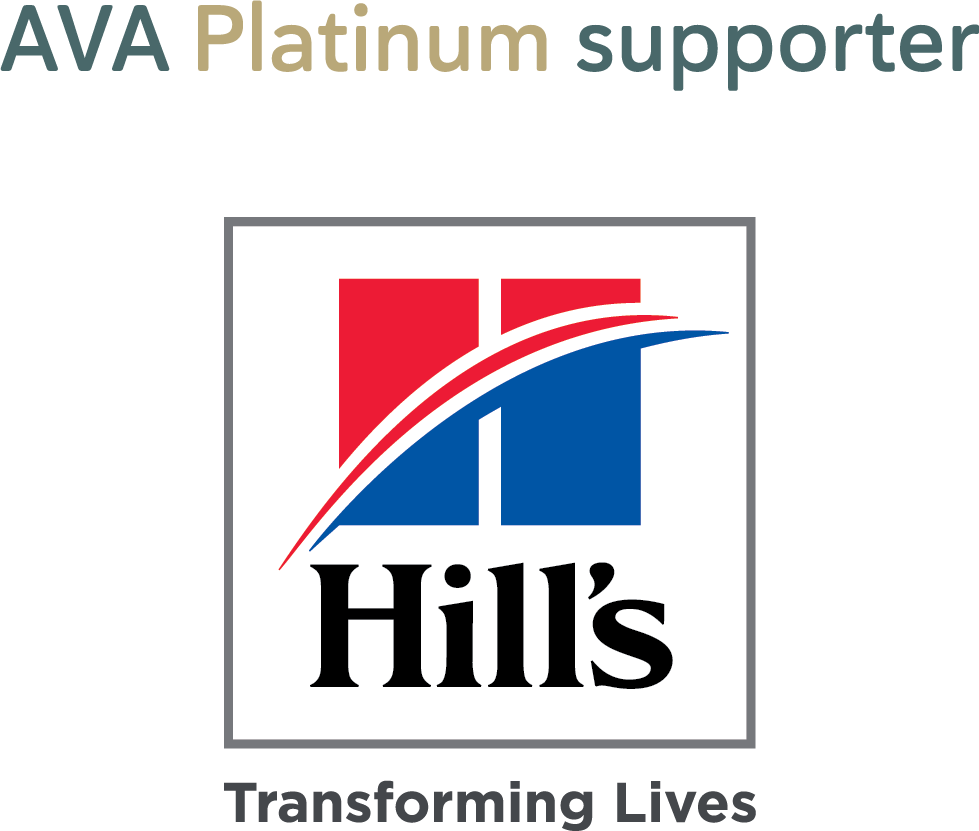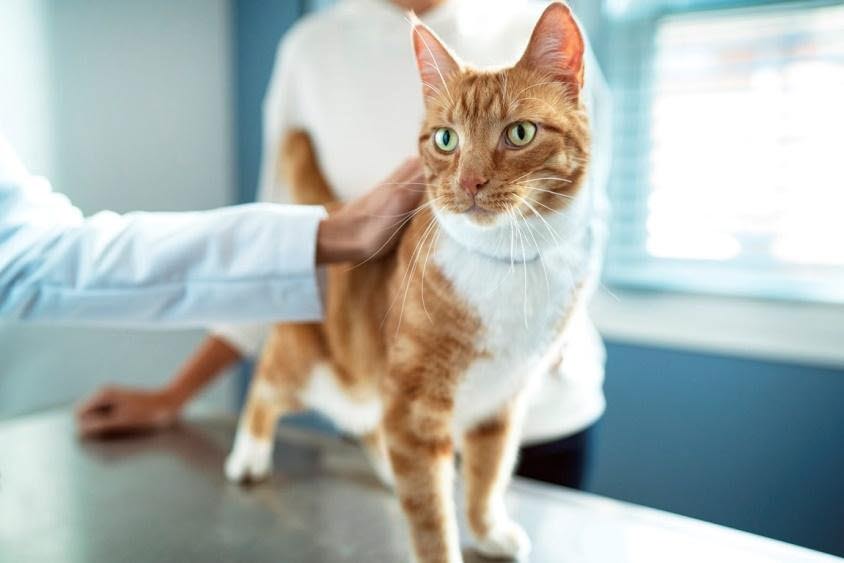
Veterinary professionals face many daily challenges, such as working long hours, experiencing the euthanasia of animals and attending to complex clinical cases, all whilst managing a small business and its staff and finances. So while veterinarians and their staff love helping you and your pet, providing a high level of compassionate care can take its toll.
Adding to the stress are the high expectations that many people have for the care of their pets, which can unfortunately spill over into frustrations around the cost of veterinary services, waiting times for veterinary attention amidst the busyness of a veterinary hospital, and whether veterinarians are able to satisfy pet owners expectations around the treatment of a pet’s health condition. In some cases these frustrations can result in verbal or physical abuse of staff, causing further stress, anxiety and burn out in veterinarians and veterinary nurses.
Pandemic is a challenging time
During the COVID-19 pandemic veterinary practices have been considered an essential service, with practices adhering to social distancing requirements and remaining open during lockdowns. This has often led to veterinarians examining animals outside the hospital, or treating pets inside the clinic but without their owners present. Together with the additional hygiene protocols, these measures have increased the pressure on already busy consulting periods.
Veterinary practices have also been busy dealing with an influx of patients as a result of people spending more time at home with their pets during lockdowns, or through more pets being adopted for companionship.
The situation has been exacerbated by a shortage of veterinary staff, due to state and international border restrictions impacting recruitment, and as a result of many veterinarians leaving the profession because of the want of a work-life balance. These workforce factors are at risk of accelerating due to the increasing pressures on the veterinarians who remain in the profession.
Financial burden
As highly qualified professionals, veterinarians have undertaken many years of study, often accumulating large study debts along the way. Compounding this are low salaries, especially when starting out, along with long hours and busy caseloads.
The perception that taking your pet to the vet is expensive is often fuelled by a misunderstanding of how much it costs to run a veterinary practice. Your vet is your pet’s physician, surgeon, radiologist, dermatologist, obstetrician, ophthalmologist - you get the picture - and has to bear the entire cost of setting up the veterinary hospital to provide this range of services. Unlike in the world of human healthcare, there is no Medicare for pets to cover the bulk of medical treatment costs, nor public hospitals whose running and staffing costs are met by government funding.
How you can help
There are many ways in which you can make your experience at the vets a positive one for both yourself and the veterinary team.
- Ring ahead to book consultations
- Alert staff if you’re on your way to the practice with a pet that requires emergency care
- If you’re running late for an appointment, ring to update the clinic so that they can reschedule to accommodate both you and other pets
- Show patience and be prepared to wait when visiting the vet clinic – and remember that when you see the vet for a consultation, just prior to seeing your pet, the veterinarian may have just been treating a seriously ill pet, or they may have performed a euthanasia of someone’s much loved pet
- Be kind, considerate and respectful during your interactions with the veterinary team
The suicide rate of the veterinary profession is sadly up to four times higher than the general population. Showing kindness, patience and respect when visiting your veterinarian can help to ensure that everyone feels valued – that includes you, your pet and the vet!
Sponsored by Hill's Pet Nutrition


